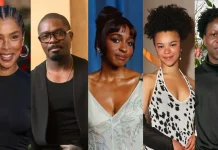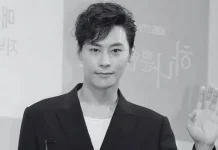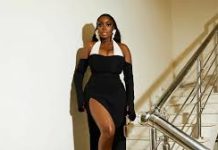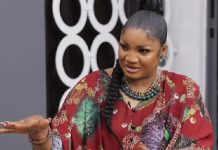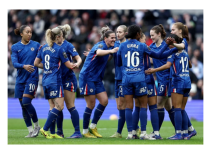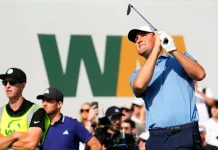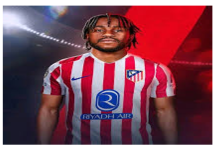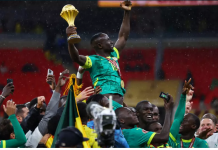Why do Nigerian celebrities rarely call out politicians? For rapper and music executive M.I Abaga, the answer isn’t as simple as fear or apathy—it’s about proximity, conscience, and the messy overlap between fame and power.
The Governor at 2:30 a.m.
Speaking on the Outside The Box podcast, M.I recalled an eye-opening encounter with the Plateau State governor. The meeting, which dragged until 2:30 a.m., wasn’t about luxury or politics-as-usual; it was about finding ways to support the creative industry.
“When you sit with someone at that hour, and you see the exhaustion on their face, it changes things,” M.I explained. “So if tomorrow there’s an issue and that same governor is facing backlash, I might hesitate to join the noise—not because critique isn’t necessary, but because I’m remembering the man I saw that night.”
Integrity Over Influence
For M.I, silence doesn’t equal compromise. In fact, he insists that many entertainers quietly reject lucrative political endorsements that don’t align with their values. “Artists turn down a lot of money from people they don’t believe in,” he previously told The Nation, stressing that not every celebrity is for sale.
Politicians in the Spotlight
Yet, his skepticism of Nigeria’s political class is blunt. In past interviews, he’s argued that 95% of politicians contribute little of real value, but remain influential because society places them on a pedestal. “They’re visible, not necessarily impactful,” he observed.
At a Glance: Why Celebrities Hold Back
Personal Bonds: Friendships and private interactions make public criticism complicated.
Moral Compass: Many refuse deals that clash with their beliefs—even when money is tempting.
Disillusionment: A belief that most politicians lack substance, making direct engagement seem futile.
M.I’s reflections capture the unspoken tightrope many celebrities walk: balancing public expectation with personal conscience, all while navigating Nigeria’s tangled web of politics and power.

